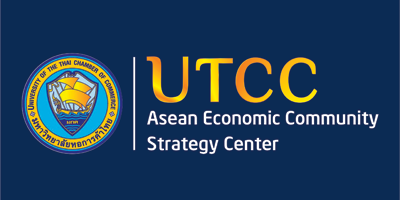Philippines: Inflation seen to rise this year
MANILA, Philippines – Economists of private banks expect higher inflation in 2017 due to weaker peso, high oil and electricity prices, and the possible implementation of tax reform, a survey by the Bangko Sentral ng Pilipinas (BSP) showed.
Results of the Private Sector Economists’ Survey of the BSP showed mean inflation forecast for 2017 rose to 3.4 percent from the previous expectation of three percent.
The forecast for the 2018 inflation, likewise, increased to 3.5 percent from 3.1 percent.
According to the BSP, analysts have attributed their higher inflation expectations to a weaker peso, persistently high global oil prices, and the rise in electricity rates due to higher oil prices and the maintenance shutdown of some power plants, particularly the Malampaya natural gas facility.
Private sector economists also accounted for the possible implementation of the tax reform program of the government, and the anticipated higher public spending on infrastructure.
The central bank said private sector economists also considered the possible occurrence of El Niño in the latter part of 2017, as well as transport fare hike due to higher oil prices.
“These were seen to outweigh downside risks brought by a possible return to low global oil prices, the slowdown of the Chinese economy and the yuan devaluation, as well as the risk of recession and deflation in Japan and the Eurozone,” the BSP added.
Inflation has reached 3.4 percent in March 2017–the highest in 28 months–due to higher oil prices and electricity costs. This brought average inflation to 3.2 percent in the first three months.
Earlier, the BSP’s Monetary Board lowered its inflation forecast to 3.4 percent from 3.5 percent for 2017, and to three percent from 3.1 percent for 2018 amid lower oil prices and global economic uncertainties.
BSP Governor Amando Tetangco earlier said authorities would closely monitor the movement of oil prices in the world market, as well as the passage of the Comprehensive Tax Reform Program (CTRP).
The first package of the government’s CTRP is currently being deliberated in the House of Representatives. It seeks to lower personal income taxes and unify estate taxes, while improving revenues through the expansion of the value-added tax base and the adjustment of excise taxes on oil and fuel.
The tax reform is also seen to help raise the P8.4 trillion needed by the government to intensify infrastructure development in the country in the medium term.
Source: http://www.philstar.com/business/2017/04/24/1693176/inflation-seen-rise-year


 English
English




